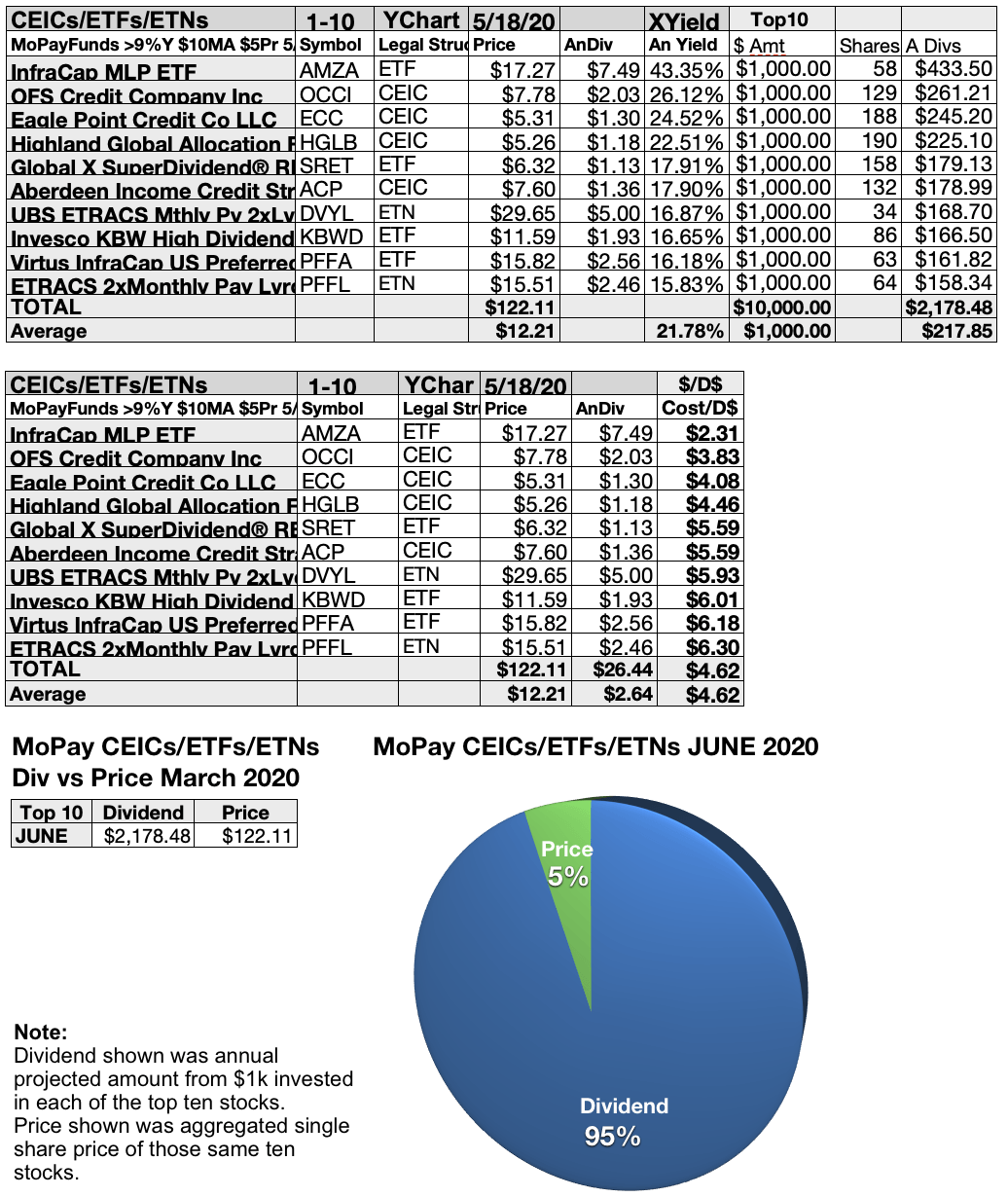
If you don't, you might end up drawing the wrong conclusions. Finding and applying the right evaluation standards for your investments is important. In measuring investment performance, you want to be sure to avoid comparing apples to oranges. In this case, you want to use a performance measure that assesses the risk you take to get the results you want. You might even be tempted to buy investments with a lower rating in expectation of getting a potentially higher return. Of course, if market rates are down, you may be disappointed with your reinvestment opportunities as your existing bonds mature. You may want to examine the interest rate your bonds and certificates of deposit (CDs) are paying in relation to current market rates and evaluate the yield from stock and mutual funds you bought for the income they provide. In contrast, if you're a conservative investor or you're approaching retirement, you may be primarily interested in the income your investments provide. On the other hand, if you're a buy-and-hold investor more concerned about the stock's value 15 or 20 years in the future, you're likely to be more interested in whether it has a pattern of earnings growth and seems to be well positioned for future expansion. For example, if you have a stock that you hope to sell in the short term at a profit, you may be most interested in whether its market price is going up, has started to slide, or seems to have reached a plateau. The measures you choose will depend on the information you're looking for and the types of investments you own. To assess how well your investments are doing, you'll need to consider several different ways of measuring performance.
#LONG TERM STOCK PROFIT CALCULATOR FREE#
To free up money to make these new purchases, you may want to sell individual investments that have not performed well, while not abandoning the asset allocation you've selected as appropriate. In addition, because investment markets change all the time, you'll want to be alert to opportunities to improve your portfolio's performance, perhaps by diversifying into a different sector of the economy or allocating part of your portfolio to international investments. If your investments are not showing any gains or your account value is slipping, you'll have to determine why, and decide on your next move. Generally speaking, progress means that your portfolio value is steadily increasing, even though one or more of your investments may have lost value. As time goes by, you'll need to monitor the performance of these investments to see how they are working together in your portfolio to help you progress toward your goals. Here is a list of our partners.Choosing investments is just the beginning of your work as an investor. Our partners cannot pay us to guarantee favorable reviews of their products or services. This may influence which products we review and write about (and where those products appear on the site), but it in no way affects our recommendations or advice, which are grounded in thousands of hours of research. So how do we make money? Our partners compensate us. And while our site doesn’t feature every company or financial product available on the market, we’re proud that the guidance we offer, the information we provide and the tools we create are objective, independent, straightforward - and free.

We believe everyone should be able to make financial decisions with confidence.

Our estimates are based on past market performance, and past performance is not a guarantee of future performance.

Examples are hypothetical, and we encourage you to seek personalized advice from qualified professionals regarding specific investment issues. NerdWallet does not and cannot guarantee the accuracy or applicability of any information in regard to your individual circumstances.

They are not intended to provide investment advice. Its articles, interactive tools and other content are provided to you for free, as self-help tools and for informational purposes only. is an independent publisher and comparison service, not an investment advisor.


 0 kommentar(er)
0 kommentar(er)
